The ancient city of Dura-Europos, nestled along the banks of the Euphrates River in modern-day Syria, has long been renowned for its remarkable state of preservation and its significance in understanding the ancient Hellenistic, Parthian, and Roman civilizations.

Often likened to Pompeii for its wealth of discoveries, Dura-Europos has been a focal point of Near Eastern scholarship for decades. However, a new study published in the Journal of Near Eastern Studies sheds light on a lesser-known counterpart just across the border in Iraq: the city of Anqa, also known as Giddan or Eddana.
Anqa, situated in the Al-Qaim district of Iraq’s Anbar Governorate, lies in close proximity to Dura-Europos, yet it has remained largely overlooked by archaeologists and historians until recently. Described as a near mirror image of its more famous neighbor, Anqa shares similar characteristics in terms of size, composition, and potential scholarly value. Despite its strategic location at a point where the Euphrates floodplain narrows, allowing control over movement between different regions, Anqa has received far less attention than Dura-Europos. The history of colonial intervention in the region, particularly by British and French forces following the San Remo conference in 1920, has been cited as a contributing factor to the neglect of Anqa.
University of Leicester Professor Simon James, an expert in Iron Age and Roman archaeology, highlights the consequences of political boundaries on research and understanding of the region’s history as a whole. The geopolitical landscape shaped by colonial powers created barriers to comprehensive study, leaving Anqa in the shadow of its more extensively explored counterpart.
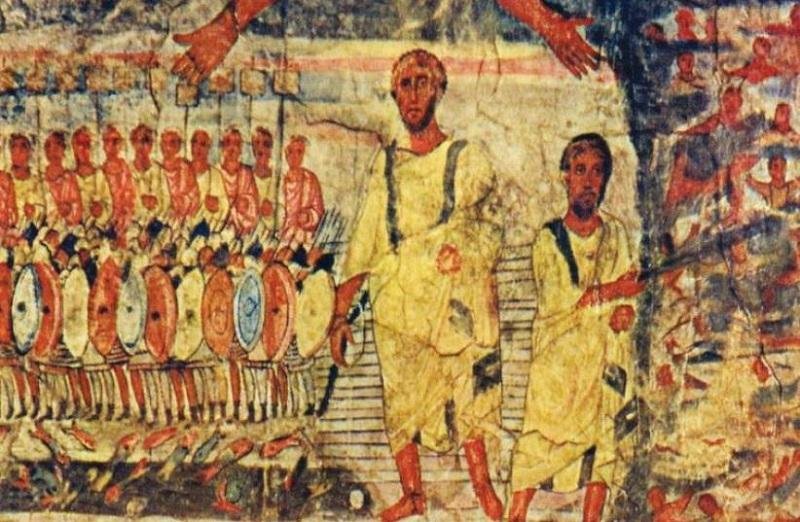
While Dura-Europos and other sites in Iraq and Syria have faced the ravages of conflict, including looting and destruction during periods of unrest, Anqa has remained relatively untouched. This preservation offers a unique opportunity for archaeological inquiry.
As digital scholarship methods continue to evolve, there is potential for collaboration and knowledge-sharing across political borders, as noted by Professor James. The practice of studying sites like Anqa not only enriches our understanding of ancient civilizations but also presents an opportunity to address the consequences of colonialism in archaeology.
The historical significance of Dura-Europos, founded around 300 BCE and later captured and expanded by various empires including the Parthians and Romans, is well-documented. Its abandonment after conquest and subsequent preservation have earned it the title of the “Pompeii of the Desert.” However, Anqa’s comparable size and strategic importance suggest that it too holds untold stories waiting to be unearthed.
While Dura-Europos may dominate the narrative of ancient cities along the Euphrates, Anqa’s emergence as a “forgotten twin” presents an opportunity to broaden our understanding of the region’s history. Through continued archaeological exploration, Anqa may finally claim its place alongside its more celebrated counterpart.



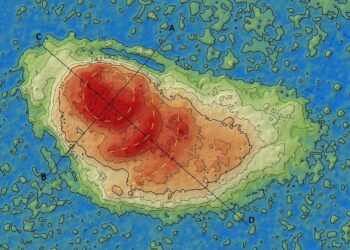

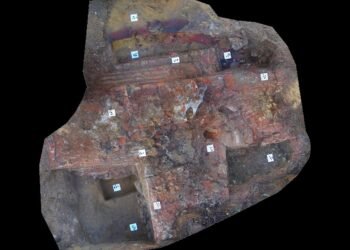
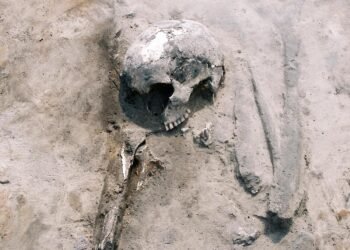
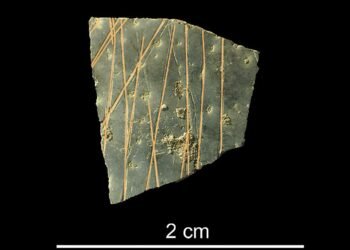
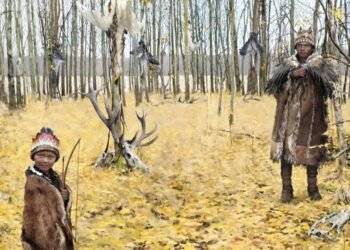















Disclaimer: This website is a science-focused magazine that welcomes both academic and non-academic audiences. Comments are written by users and may include personal opinions or unverified claims. They do not necessarily reflect the views of our editorial team or rely on scientific evidence.
Comment Policy: We kindly ask all commenters to engage respectfully. Comments that contain offensive, insulting, degrading, discriminatory, or racist content will be automatically removed.
This is very interesting indeed as well as promising. Nevertheless, I don’t understand the point of colonialism being considered as responsible of an unbalanced approach of the two cities, Anqa and Dura Europos. In fact, if present day Syria was under the French mandate after 1920, present day Iraq was under the British mandate. This situation could have lead to a balanced exploration, one by France (Dura) and one by Great Britain (Anqa). The British ruled Iraq and did excavate a lot I think, meaning that they just did not chose to work at Anqa while France did chose to continue excavating Dura.
I don’t understand how this situation has something to do with the legacies of colonialism unless if it is to say that the British made other choices for excavating Iraq and that, if Iraq -would have been yet independent, it would have chosen to dig Anqa.
I am not sure to understand the issue. Nevertheless, of course, let’s wish for the best for Anqa, acknowledging the high historical value of these Euphrates cities as evidenced by Dura.